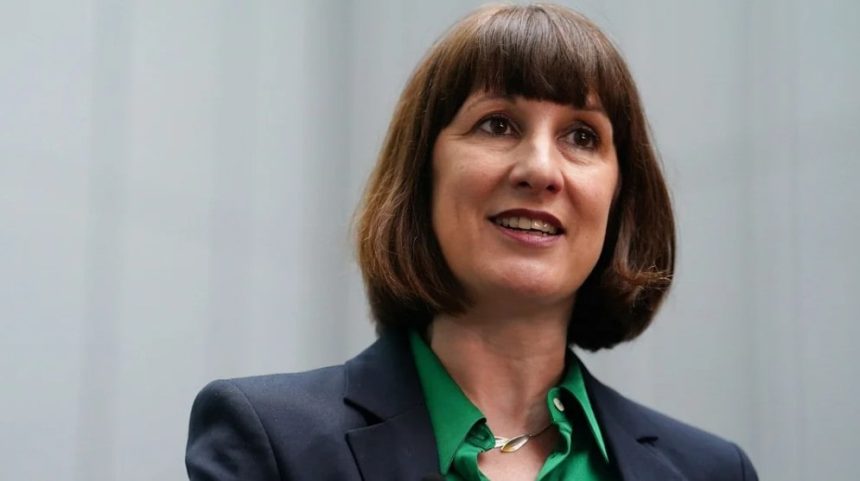Rachel Reeves is facing intense pressure to either hike taxes or abandon her strict borrowing rules, as top economists warn of a staggering £41.2bn shortfall by 2029-30.
The warning comes as Labour’s fiscal strategy appears to be strained by economic headwinds, past policy reversals, and a pledge not to raise taxes on working people.
The National Institute of Economic and Social Research (NIESR) sounded the alarm, highlighting an “impossible trilemma”, keeping fiscal rules intact, maintaining public spending, and avoiding tax rises all at once.
“With growth at only 1.3 per cent and inflation above target, things are not looking good for the chancellor who will need to either raise taxes or reduce spending or both in the October Budget if she is to meet her fiscal rules,” said Professor Stephen Millard, NIESR’s deputy director for macroeconomics.
No Easy Choices for the Chancellor
- Reeves has committed to the “stability rule”, day-to-day spending must be funded through tax revenues, not borrowing.
- A second commitment, the “investment rule”, demands a falling debt-to-GDP ratio.
- Both are now under strain.
The shortfall follows Labour’s climbdown on controversial welfare reforms, which gutted expected savings of £5bn, along with disappointing borrowing figures and sluggish GDP growth.
NIESR’s latest report warns that Reeves’ current fiscal buffer of £9.9bn is “way too thin”. Even a minor shift in economic conditions could obliterate it.
“The poorest 10 per cent of households, around 2.8 million families, have seen their living standards drop by 1.3 per cent under Labour, still 10 per cent below pre-pandemic levels.”
That stark reality will heap further pressure on the chancellor to act decisively, and fast.
Tax Rises on the Table?
While Reeves has publicly ruled out major new tax hikes after last year’s £40bn package, the economic outlook may force her hand.
“A credible, sustained increase in taxes” is needed, Prof Millard stressed, adding that a large portion must come early to assure markets of fiscal discipline.
Suggestions now gaining traction include:
- Raising income tax
- Introducing or expanding wealth taxes
- Reforming the non-dom tax regime
Tories Pounce on Labour’s Fiscal Woes
Shadow Chancellor Mel Stride didn’t mince words in his response: “Experts are warning Labour’s economic mismanagement has blown a black hole in the nation’s finances which will have to be filled with more tax rises, despite Rachel Reeves saying she wouldn’t be back for more taxes.”
He went further, accusing Labour of harming business and stalling the economy.
“Labour will always reach for the tax rise lever because they don’t understand the economy. Businesses are closing, unemployment is up, inflation has doubled and the economy is shrinking.”
Professor Millard suggested an overhaul of how fiscal rules are measured. Instead of aiming to reduce debt within a five-year forecast window, he argued for a more flexible approach focused on the long-term trajectory.
This could give Reeves room to manoeuvre, but would still come with political and economic risks.
Meanwhile, former Conservative Chancellor Nadhim Zahawi had his own prescription: “If the Chancellor wants to unlock substantial growth, tax revenues, and investment, she must revisit the non-dom tax regime and create a truly competitive scheme.
She cannot turn to tax rises, or she will crush British companies and hard-working people up and down the UK.”
October Budget: A Crucial Test
With the autumn Budget looming, Reeves faces what may be the toughest test of her political career so far. She’s short on time, short on money, and options are narrowing.
Labour’s promises, no tax hikes on workers, increased investment, and sound finances, are colliding with economic reality. Whether Reeves can square the circle without breaking her own rules remains to be seen.






